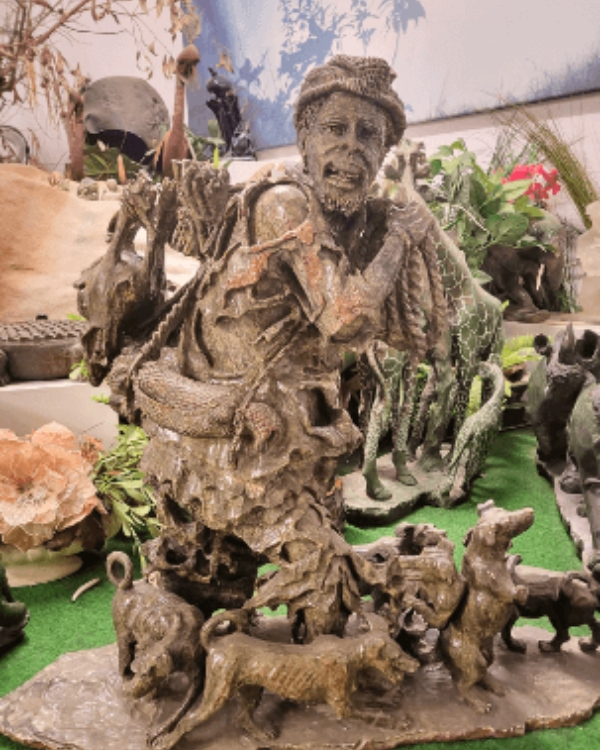The Importance of Hunting in Shona and Ndebele Culture
The Shona people of Zimbabwe and surrounding areas valued hunting as a means of subsistence and as a cultural tradition.
Hunting provided them with food, clothing, and materials for tools and shelter. The Shona people were skilled hunters and had a deep understanding of the animals they hunted. They knew how to track them, where to find them, and how to use every part of the animal to their advantage. For example, they would use the animal's hide for clothing and shelter, the bones for tools, and the meat for food.
Additionally, hunting was also a way for the Shona to bond with each other and to pass down their traditions and cultural values from one generation to the next. Hunting was not just a solitary activity but was often done in groups, providing an opportunity for socializing and strengthening relationships. The elders would also use hunting trips as a way to teach the younger generation about their culture and traditions.
Hunting was an important aspect of daily life for the Shona and played a significant role in their culture and society. It was not just a means of survival but was deeply intertwined with their spiritual beliefs and practices. For example, before a hunt, the Shona would perform rituals and ceremonies to ask for the spirits' blessings and protection.
However, with the arrival of colonialism and the introduction of firearms, hunting became less sustainable and more destructive. The Shona people had to adapt to a new way of life, and many of their traditional hunting practices were lost. Today, hunting is still practiced by some members of the Shona community, but it is no longer a central aspect of their culture as it once was.
